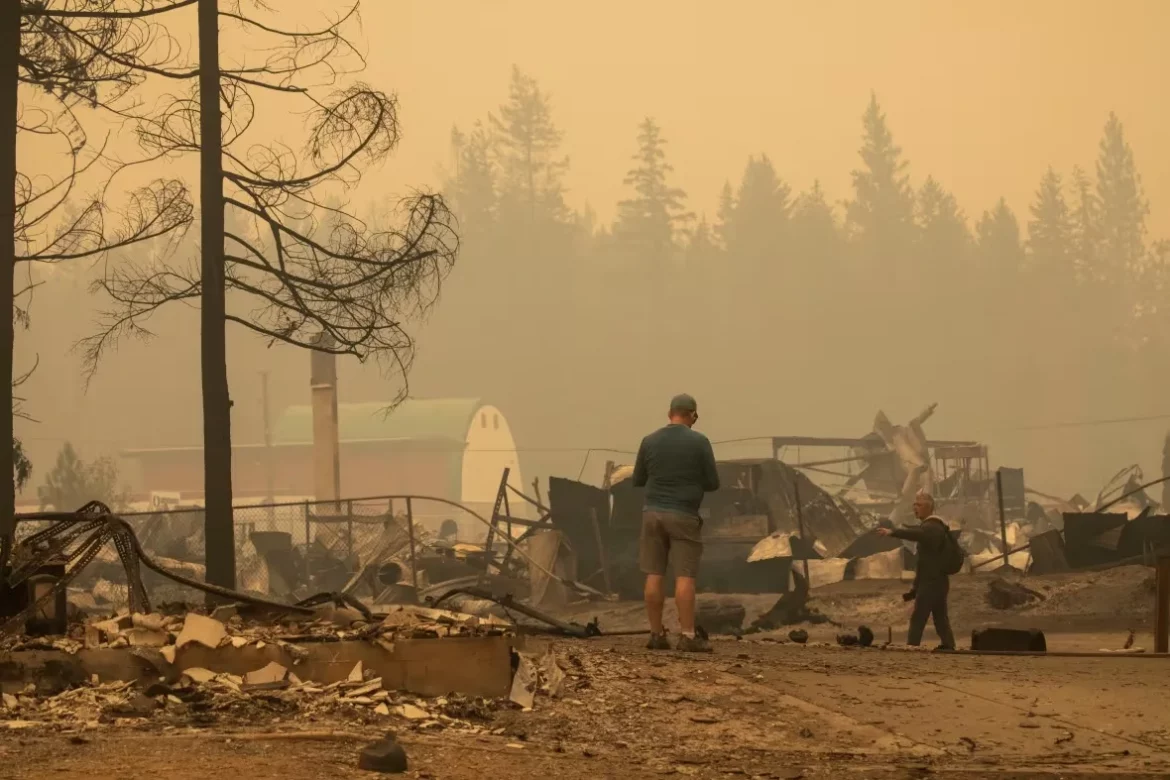A new study published in the International Journal of Disaster Risk Reduction has shown that more and more major cultural, social, business and arts events around the world are being disrupted or cancelled by extreme weather events caused by climate change.
The study, Mapping the impact of extreme weather on global events and mass gatherings: Trends and adaptive strategies, details that from 2004 to 2024 more than 2,000 mass gatherings were reportedly disrupted around the world, with events in British Columbia accounting for 74.
According to Shawna McKinley, co-author of the study and instructor of sustainable event management operations at the B.C. Institute of Technology, the number of events disrupted has increased in recent years, particularly in the years following the COVID-19 pandemic.
McKinley said arts, cultural and sports events are particularly vulnerable. She said there are hot spots where a disproportionate number events have been disrupted. In Canada, this includes cities like Halifax, Calgary, and Kelowna, as well as the entire province of B.C.
Read also: Tinubu appoints Majekodunmi new DG of National Council on Climate Change
She said in other places, hurricanes, heat and flooding are often to blame for disruptions, but in B.C., wildfires and smoke are often to blame, as well as heat.
Erin Benjamin, president of the Canadian Live Music Association, said her industry is very aware of the impact that extreme weather driven by climate change is having on events.
“We’re really pre-occupied with the way weather is becoming more and more severe over time — everything from cancelling events to having to evacuate sites, to having to elevate and escalate emergency preparedness plans,” Benjamin said. “All of these things are things that festivals take extremely seriously.”
She said the live music industry adds $11 billion to Canada’s GDP annually and creates more than 100,000 jobs, but many organizations and festivals are operating close to the financial edge and it can be impossible to recover from a cancellation.
“There is an economic aspect, there’s a cultural aspect and certainly there’s a social aspect, and for all of these reasons and others, we need to be very preoccupied with the impact of severe weather on outdoor concerts and festivals,” Benjamin said.
Story was adapted from CBC news.
